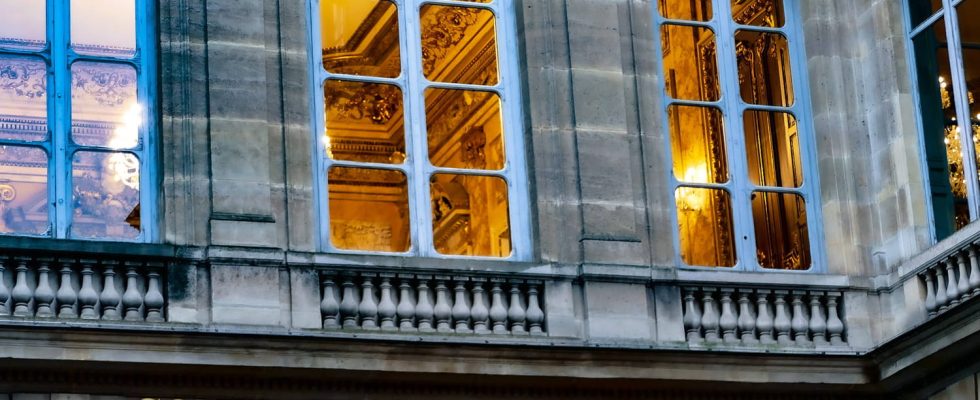If the immigration law appears to have been profoundly changed after the verdict of the Constitutional Council, many measures were validated by the nine Wise Men.
This Thursday, January 25, the Constitutional Council decided to largely review the content of the immigration bill, to the great dismay of the right but to the pleasure of the majority. Of the 86 articles contained in the text, the nine Sages censored 35, including 32 deemed unrelated to the subject of immigration. Among the provisions challenged, those relating to the tightening of access to social assistance, family reunification, the establishment of a migration quota by Parliament, the restriction of land rights or even the establishment of a “deposit return” for foreign students. Conversely, several measures have been reinforced by the Constitutional Council such as the simplification of procedures for expelling delinquent foreigners, the creation of a file of delinquent unaccompanied minors or even the conditioning of the residence permit to compliance with the “principles of the Republic”.
The remaining measures of the immigration law after the examination of the Constitutional Council
Although censored at 40%, the immigration bill retains the structure initially desired by the government. A result welcomed by the Minister of the Interior Gérald Darmanin: “We have all the means we need”, Thursday at 8 p.m. on TF1. Here are the measures that remain in the law:
- Simplification of procedures for expelling delinquent foreigners. The Constitutional Council has given its agreement to facilitate expulsions and decisions requiring people to leave French territory (OQTF) by removing the protections enjoyed by certain categories of them, such as those who arrived on French soil before the age of 13.
- The conditioning of the residence permit to respect the principles of the Republic. The need to commit to respecting “the principles of the Republic”, such as freedom of expression or equality between women and men with the aim of obtaining a residence permit, has been validated.
- The regularization of undocumented workers in professions in shortage. This will therefore be a one-year residence permit, issued on a case-by-case basis, provided that you have resided in France for at least three years and have been employed for at least 12 months out of the last 24. An experiment which will only apply until the end of 2026.
- The deployment of “France Asile” centers. Places where agents from the French Office for the Protection of Refugees and Stateless Persons (Ofpra) will be present to process asylum requests from new arrivals in the country.
- The creation of a file of unaccompanied minor offenders. Article 39 of the Immigration Act provides for the collection of fingerprints and a photo of unaccompanied foreign minors suspected of having committed crimes, without their consent being necessary.
Measures removed from the immigration bill
The nine Wise Men of the Constitutional Council have decided to censor a certain number of controversial measures included in the immigration bill. Here they are.
- Migration quotas. This provision, which allowed Parliament to vote for three years on the number of foreigners having the right to settle in France, leading to a significant risk of equality, was deemed unconstitutional and was entirely censored.
- Restriction of land rights. An article in the latest version of the immigration bill provided for the end of automatic land law for the children of foreigners born in France. Instead, these children should have applied for citizenship between the ages of 16 and 18. The article was censored.
- The tightening of family reunification. The bill planned to make family reunification possible only after a stay in France of a minimum duration of 24 months, compared to 18 currently, and on condition of having “stable, regular and sufficient” resources, among other things. These provisions have been revoked.
- Access to social benefits. This is a point which crystallized criticism, it prevented a foreigner in a regular situation and without employment from receiving social benefits (APL, family allowances, etc.) before being able to prove at least five years of presence in the territory. The period was halved (2 and a half years) for working foreigners. A problem from the point of view of equality that the Constitutional Council must ensure between citizens before the law, without distinction of origin, religion or race.
- The introduction of a “return deposit” for foreign students. This measure which required foreign students to pay a deposit, rather than deposit a certain sum in a bank account, to be able to cover possible travel costs was also deleted from the text.
Other measures were opposed by the Sages of the rue de Montpensier, in particular some of the 27 measures which were considered to be legislative riders and therefore which a priori have nothing to do with the immigration law. Among them, the spouse’s mastery of French or those who require “sufficiently stable and continuous relationships” to qualify for family reunification, for example.
